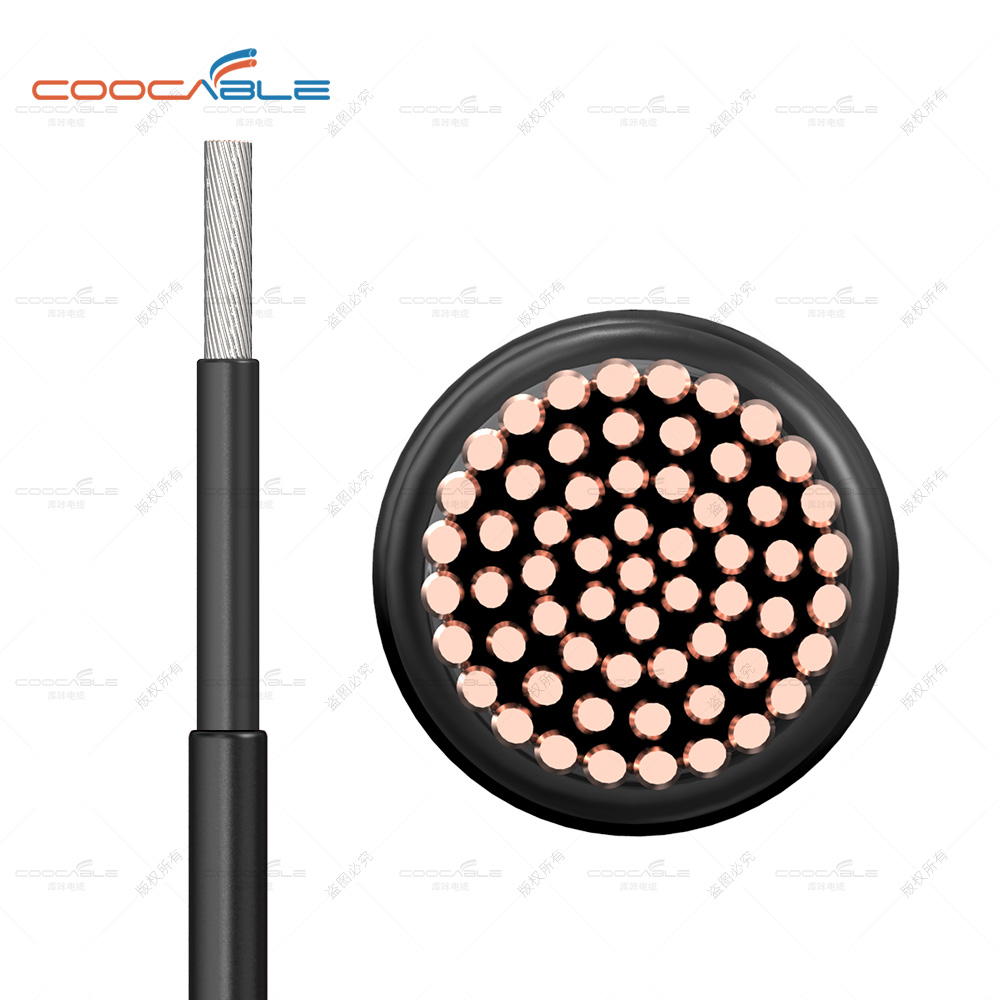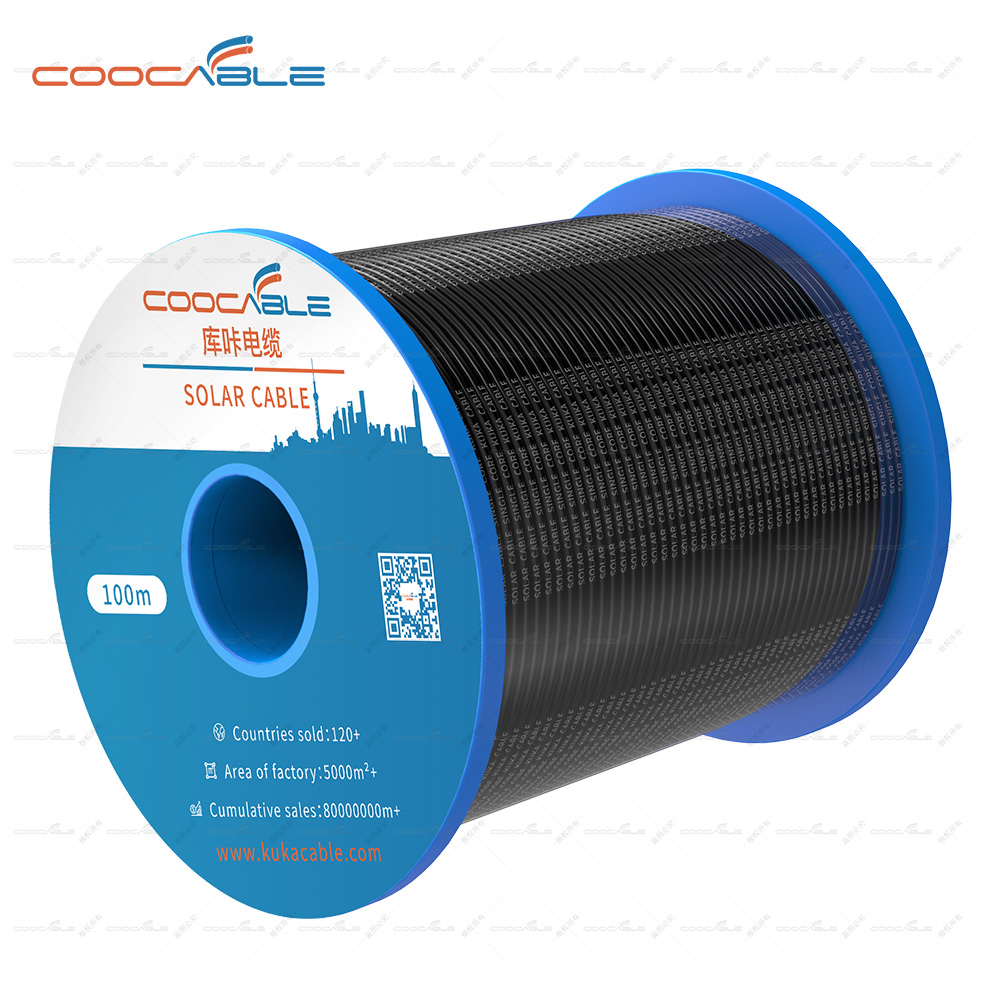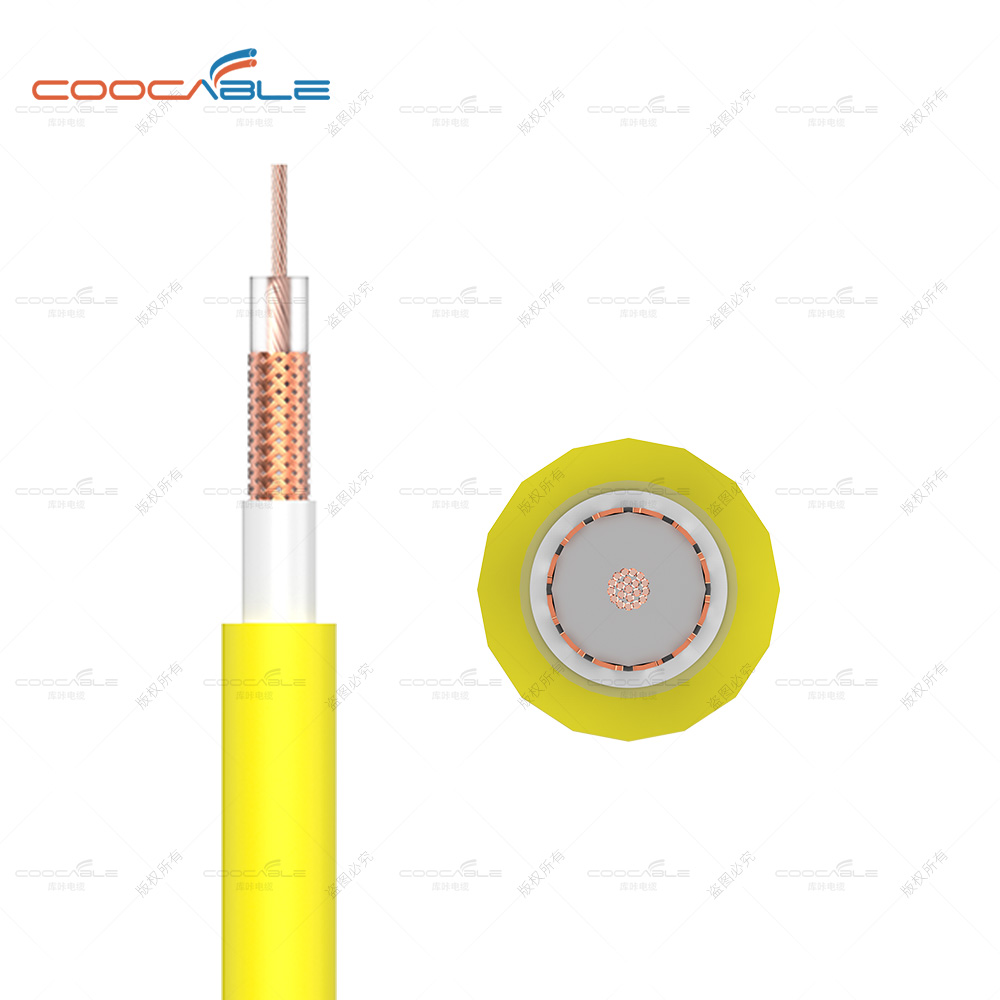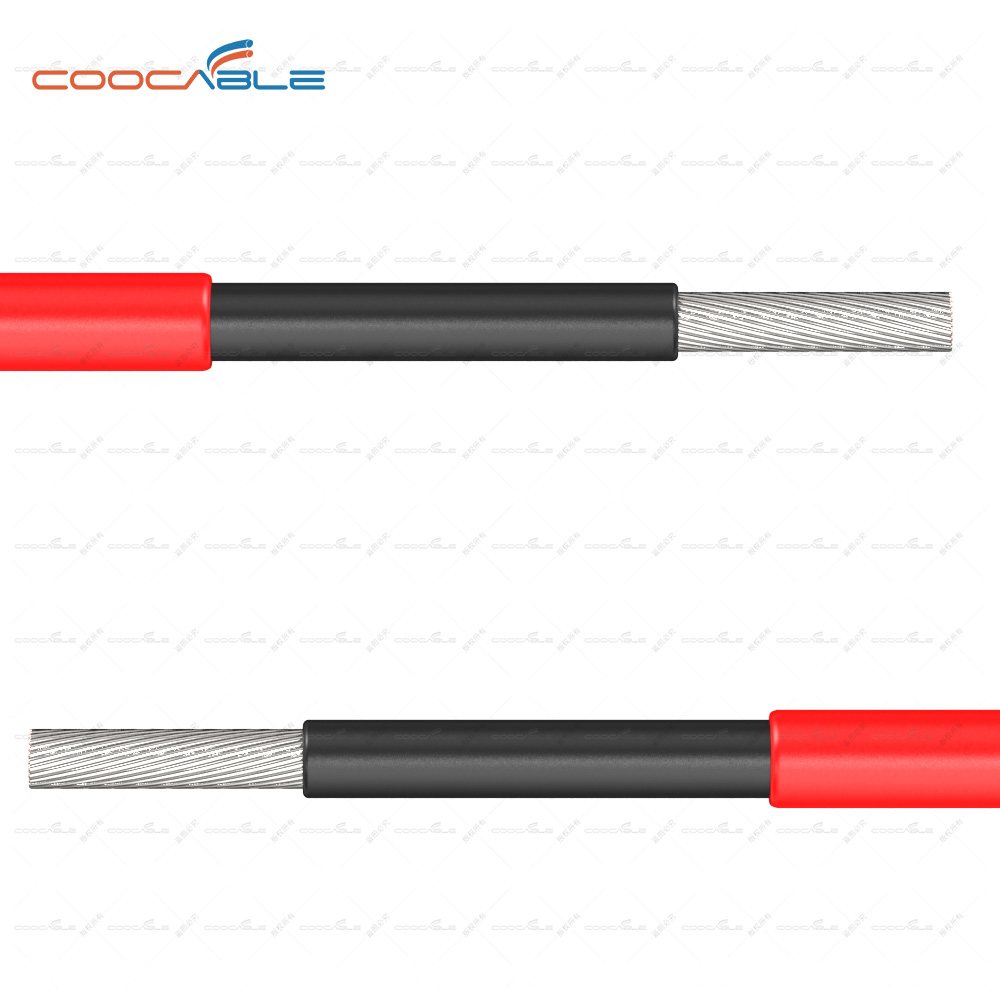Official announcement! U.S. exempts PV module tariffs from four Southeast Asian countries, pushing f
Biden aims to triple U.S. domestic solar power capacity to meet the needs of 3.3 million households by 2024.
The White House announced that as part of a drive to promote clean energy, President Biden will stop imposing tariffs on solar panels in four Southeast Asian countries under the Defense Production Act. Boosted by this news, the solar sector of U.S. stocks rose more than 5% that day.
The tariff exemptions reportedly apply to panels in Cambodia, Malaysia, Thailand and Vietnam, which will boost future U.S. production of solar panels and other clean technologies. The technology scope covers five areas: solar panel components; building insulation systems; heat pumps; equipment that manufactures and uses clean power generation fuels such as electrolyzers, fuel cells, related platinum group metals, etc.; and critical grid infrastructure such as transformers.
In March of this year, the U.S. Department of Commerce decided to investigate whether solar cells and modules assembled by the aforementioned four countries circumvented anti-dumping and countervailing duties imposed by the United States on cells and modules. U.S. solar panel imports have been frozen because of the tariff investigation. In this regard, many US state governors, lawmakers, environmentalists, etc. have expressed concern, because related investigations may lead to retroactive tariffs of up to 250%.
According to an industry survey published by the Solar Energy Industries Association (SEIA), the tariffs affect 84 percent of all U.S. solar modules exported by the countries concerned, and half of the cells imported for domestic U.S. module production. Three-quarters of the 200 companies surveyed by SEIA have delayed or cancelled solar module deliveries. Under the threat of tariffs, the association lowered its forecast for solar installations in 2022 and 2023 by 46% (about 24 GW).





